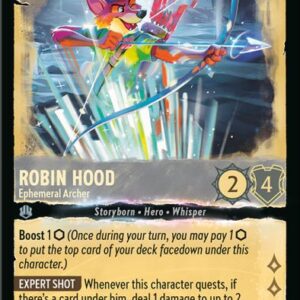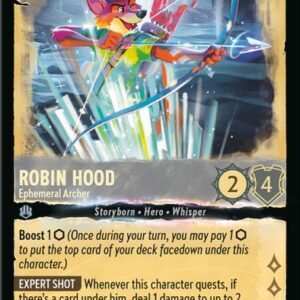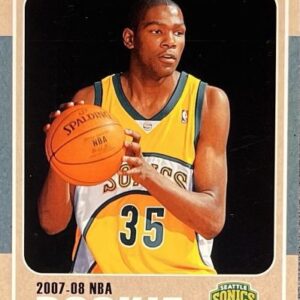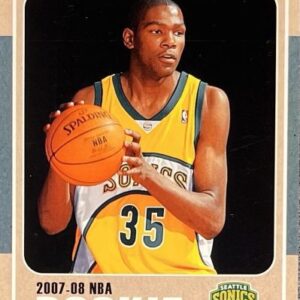In a story that sounds like it was lifted straight from the scripts of a true crime documentary, the world of sports memorabilia is reeling from a shocking revelation. The serene cityscape of Westfield, Indiana, became the unlikely epicenter of an unfolding scandal that feels both sinister and surreal. It was here that Brett Lemieux, a well-known autograph dealer, was found dead, his passing as fraught with intrigue as his business dealings. Lemieux, aged 45, was discovered during the execution of a police raid targeting what is now believed to be one of the most extensive counterfeit sports memorabilia operations ever unveiled.
The exact circumstances surrounding Lemieux’s death remain officially unannounced, as Westfield police and the Hamilton County Coroner’s Office continue their investigations. However, early indications suggest he succumbed to a self-inflicted gunshot wound, a tragic act coinciding with authorities closing in on his alleged multi-million dollar counterfeit ring.
This scandal unfolded after a jarring revelation posted in the “Autographs 101” Facebook group. The post, attributed to Lemieux himself, wasn’t your average social media confession. It was a bombshell admission of orchestrating an elaborate counterfeit operation, reportedly flooding the market with over four million fake sports items. In what sounds like the plot twist of a thriller, he estimated sales at a staggering $350 million—a figure that sent collectors and insiders into a frenzy of disbelief and desperation.
Lemieux operated his deceptive empire under the banner of Mister Mancave. The business boldly claimed to boast “the largest framed jersey inventory on the web.” But like the ghostly signatures he was peddling, it appears Mister Mancave’s purported Columbus, Ohio location was more phantom than fact. Despite its listings, the operation was formally incorporated in Indiana on two occasions between 2018 and 2023.
The actual mechanics of Lemieux’s scheme were as cunning as they were corrupt. His confession details a sophisticated forgery racket that specialized in replicating the hologram stickers used by major authentication companies—Panini, Fanatics, Tri-Star, and James Spence Authentics, to name a few. After the untimely death of NBA superstar Kobe Bryant in 2020, Lemieux’s operation brazenly released 80,000 counterfeit Bryant items, cloaked with what appeared to be legitimate authentication marks.
The counterfeiting wasn’t confined to basketball; Lemieux’s operation spanned sports sectors. His website flaunted offerings like an Aaron Judge-signed baseball complete with a Fanatics hologram for $399—a deceptive bargain compared to the genuine $699 price tag. Such deals, alarmingly incongruent with market rates, raised eyebrows but slipped through the cracks, masked by the counterfeit stickers.
Industry titans now find themselves in the unenviable position of picking up the pieces. Fanatics, a heavyweight in the authentication realm, claims they’ve revamped their hologram technology two years prior, a prescient move to nip counterfeiting in the bud. Their strategy now involves collaborating extensively with law enforcement and fraud specialists, including former FBI agents, to snuff out counterfeiters.
Lemieux’s figures are under the microscope, with many expressing skepticism. A $350 million sales figure prompted incredulity, with one competitor dismissing it outright as “impossible.” Yet the damage, not least in trust and reputation, is undeniably significant. Steve Grad, a seasoned expert in autograph authentication, acknowledges the existence of sophisticated forging tools like autopens that make identifying fakes an increasingly arduous task, projecting that the repercussions of this odyssey will ripple for years.
Among those knowledgeable about the industry, some voices express muted surprise. One dealer observed Lemieux peddling autographs from athletes who hadn’t penned a signature in years. Meanwhile, individuals named in Lemieux’s purported “manifesto” are scrambling to clear their names. Indiana’s Dominique Ball and Wisconsin’s Nickolas Litscher, among those highlighted, have publicly disavowed involvement, with Litscher reportedly contemplating legal recourse.
Authorities assert that Lemieux, alongside a shadowy network of cohorts, operated under a myriad of business names on a plethora of selling platforms. Monikers like Ultimate Sports, Athletes One, Signature Dog, and All-American Authentics were allegedly among the fronts used in this sprawling web of deceit.
Now, as law enforcement untangles this intricate web and the hobbyist community absorbs the shockwaves, collectors grapple with a newfound wariness. They are left to question the authenticity of what they once believed to be treasures. This scandal serves not only as an exposé but as a clarion call to the sports memorabilia market. It underscores an imperative need for ceaseless vigilance, advanced authentication practices, and an unwavering commitment to outsmarting fraudulent schemes that threaten its integrity.






